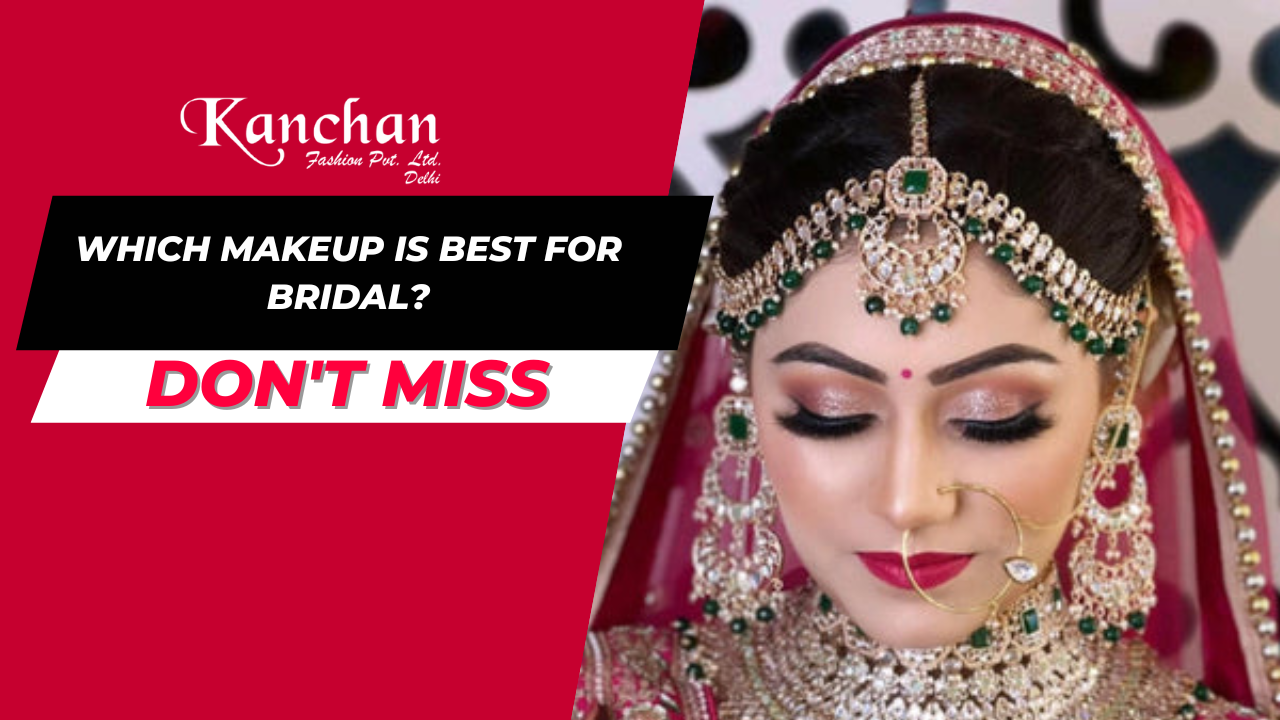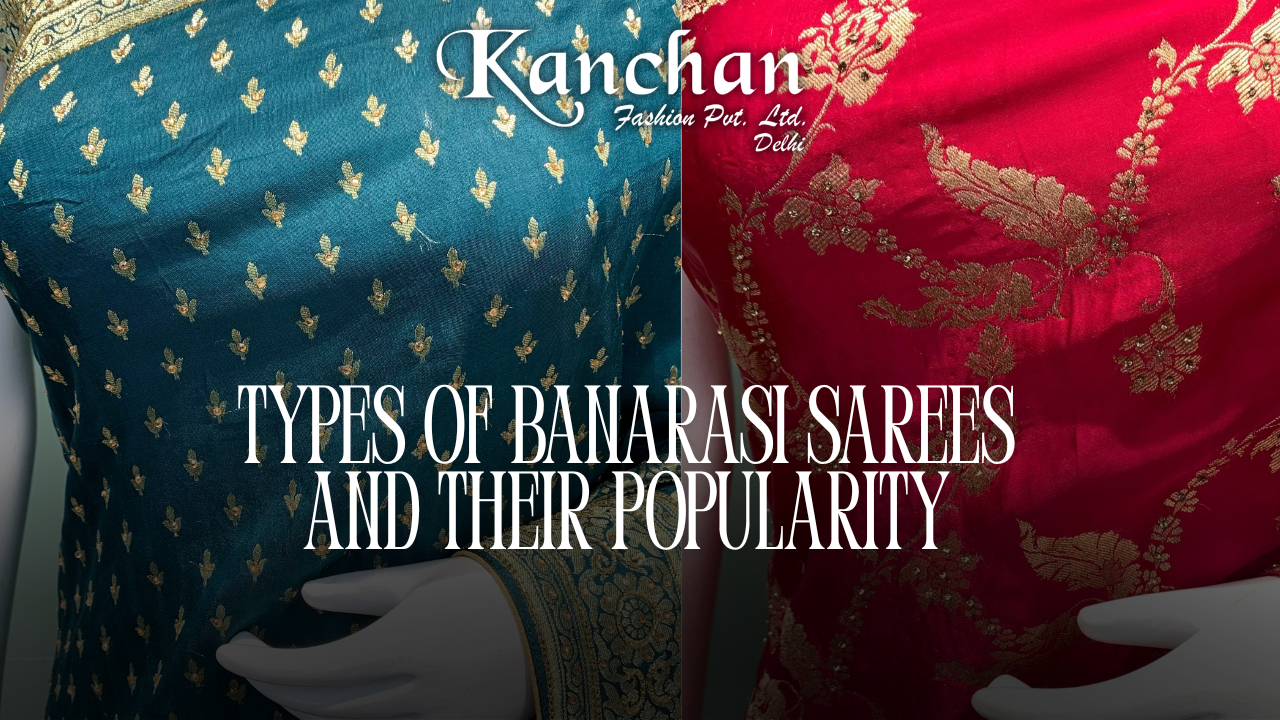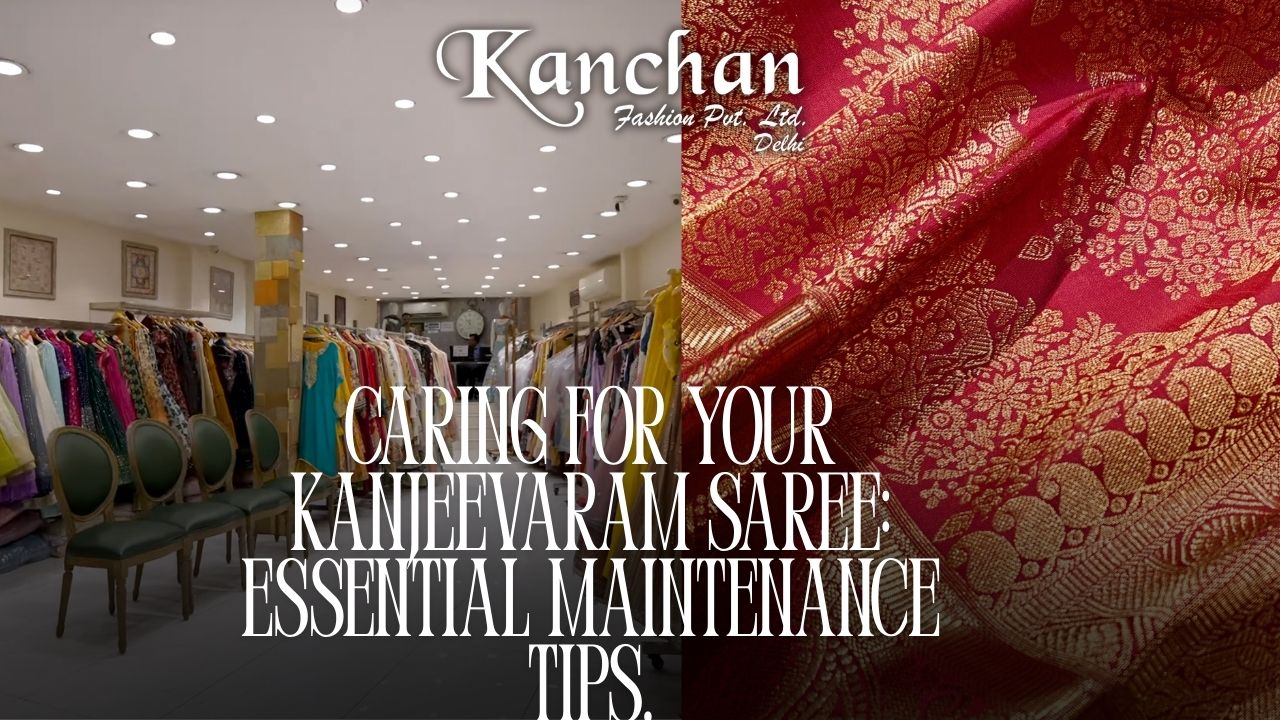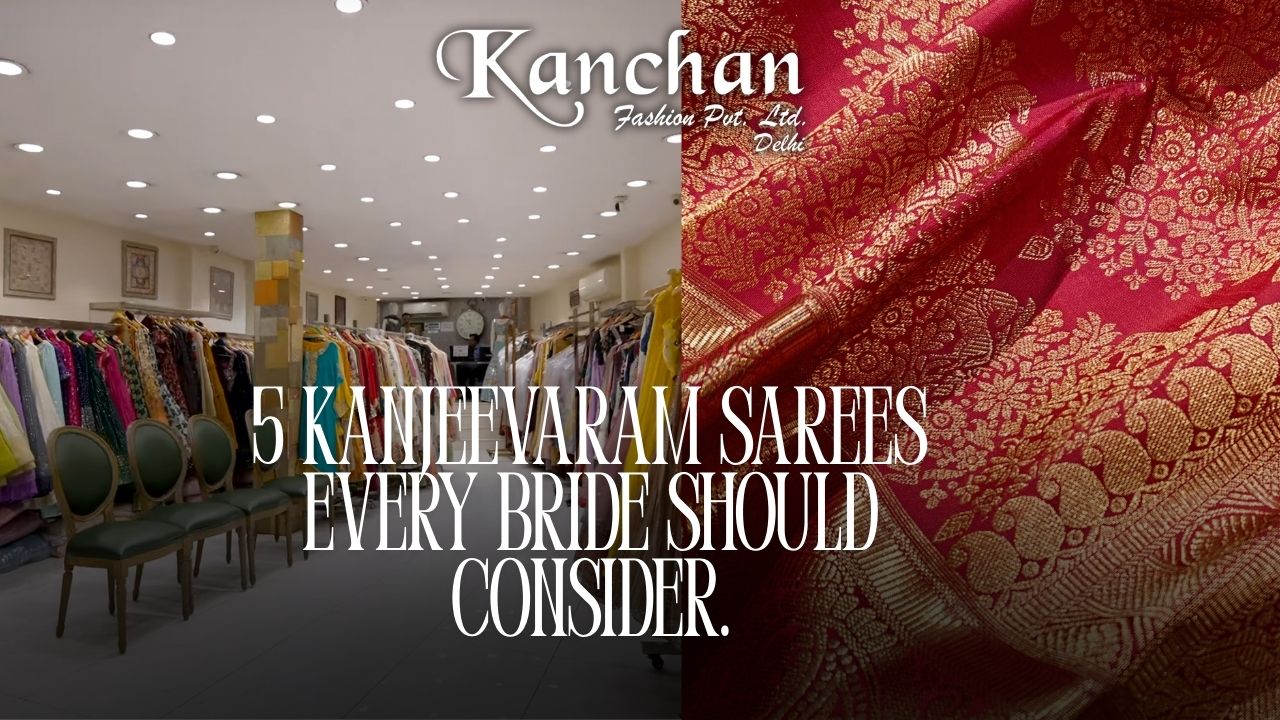Outline of the Article
- Introduction: Importance of Bridal Makeup
-
Understanding Bridal Makeup Types
- Traditional Bridal Makeup
- HD Bridal Makeup
- Airbrush Bridal Makeup
-
Factors Influencing the Choice
- Skin Type and Texture
- Wedding Venue and Time
- Personal Style and Preferences
-
Comparative Analysis of Makeup Types
- Traditional Bridal Makeup Explained
- HD Bridal Makeup Unveiled
- Airbrush Bridal Makeup Demystified
-
Pros and Cons of Each Makeup Type
- Traditional Makeup: Pros and Cons
- HD Makeup: Pros and Cons
- Airbrush Makeup: Pros and Cons
-
Choosing the Ideal Makeup for Different Skin Types
- Dry Skin
- Oily Skin
- Combination Skin
-
Tips for Long-Lasting Bridal Makeup
- Skincare Routine Before Makeup
- Setting Techniques for Endurance
-
Consulting with Makeup Artists
- Importance of Trials
- Communicating Preferences
- Conclusion
-
FAQs
- What is the best makeup for outdoor weddings?
- How far in advance should bridal makeup trials be scheduled?
- Can airbrush makeup cover tattoos effectively?
- Is HD makeup suitable for all skin types?
- What's the average duration for bridal makeup application?
Which Makeup is Best for Bridal?

Introduction: Importance of Bridal Makeup

Bridal makeup isn't just about enhancing looks; it's about capturing the essence of a momentous day. Choosing the right makeup becomes pivotal in crafting a bride's flawless appearance, highlighting her natural beauty while ensuring it withstands the emotional whirlwind of the day.
Understanding Bridal Makeup Types

Traditional Bridal Makeup
Rooted in cultural heritage, traditional makeup involves classic techniques using products like foundations, blushes, and powders.
HD Bridal Makeup
High-definition makeup utilizes specific products to create a camera-friendly, refined look, perfect for capturing every detail.
Airbrush Bridal Makeup
A cutting-edge technique involving an airbrush gun to apply makeup in a fine mist, providing a long-lasting, natural finish.
Factors Influencing the Choice

Skin Type and Texture
Different skin types demand distinct makeup approaches, catering to dry, oily, or combination skin.
Wedding Venue and Time
Consideration of the wedding's setting and time aids in determining the most suitable makeup, whether it's indoors or outdoors, daytime or evening.
Personal Style and Preferences
Understanding the bride's taste and comfort level with makeup guides the selection process.
Comparative Analysis of Makeup Types

Traditional Bridal Makeup Explained
Traditional makeup involves layering products, offering versatility but might need touch-ups throughout the day.
HD Bridal Makeup Unveiled
HD makeup, with its finer texture, provides a flawless appearance under the scrutiny of high-definition cameras.
Airbrush Bridal Makeup Demystified
Airbrush makeup's lightweight application and durability make it a top choice for many brides seeking longevity.
Pros and Cons of Each Makeup Type

Traditional Makeup: Pros and Cons
While versatile, traditional makeup might need touch-ups but can complement various skin types.
HD Makeup: Pros and Cons
HD makeup offers impeccable coverage but might not suit all skin textures.
Airbrush Makeup: Pros and Cons
Airbrush makeup boasts durability but might feel heavier on the skin for some individuals.
Choosing the Ideal Makeup for Different Skin Types

Dry Skin
Hydrating products and a gentle hand in application ensure a radiant finish for dry skin.
Oily Skin
Matte-finish products and oil-control techniques aid in maintaining a shine-free look for oily skin.
Combination Skin
Balancing products cater to both oily and dry areas for a seamless appearance.
Tips for Long-Lasting Bridal Makeup

Skincare Routine Before Makeup
A well-prepped skin canvas contributes to makeup longevity, emphasizing the importance of a pre-makeup skincare routine.
Setting Techniques for Endurance
Utilizing setting sprays and powders helps in securing the makeup for the long haul of a wedding day.
Consulting with Makeup Artists

Importance of Trials
Trial runs enable a preview of the final look, ensuring alignment with the bride's vision.
Communicating Preferences
Effective communication with makeup artists aids in achieving the desired outcome, reflecting personal preferences.
Conclusion
Selecting the ideal bridal makeup involves a fusion of personal preferences, skin considerations, and expert guidance. By understanding the nuances of each makeup type, brides can curate a timeless, radiant look that resonates with their uniqueness on their special day.
FAQs
What is the best makeup for outdoor weddings?
For outdoor settings, lightweight and long-lasting options like airbrush makeup tend to perform well, enduring weather conditions.
How far in advance should bridal makeup trials be scheduled?
Ideally, trials should be scheduled 1-2 months before the wedding to allow for adjustments and ensure a stress-free experience.
Can airbrush makeup cover tattoos effectively?
Yes, airbrush makeup provides excellent coverage, effectively concealing tattoos for the wedding day.
Is HD makeup suitable for all skin types?
While HD makeup offers excellent coverage, it might not suit all skin textures, so consulting a makeup artist is advisable.
What's the average duration for bridal makeup application?
On average, bridal makeup application can take around 1.5 to 2 hours, depending on the complexity and desired look.









